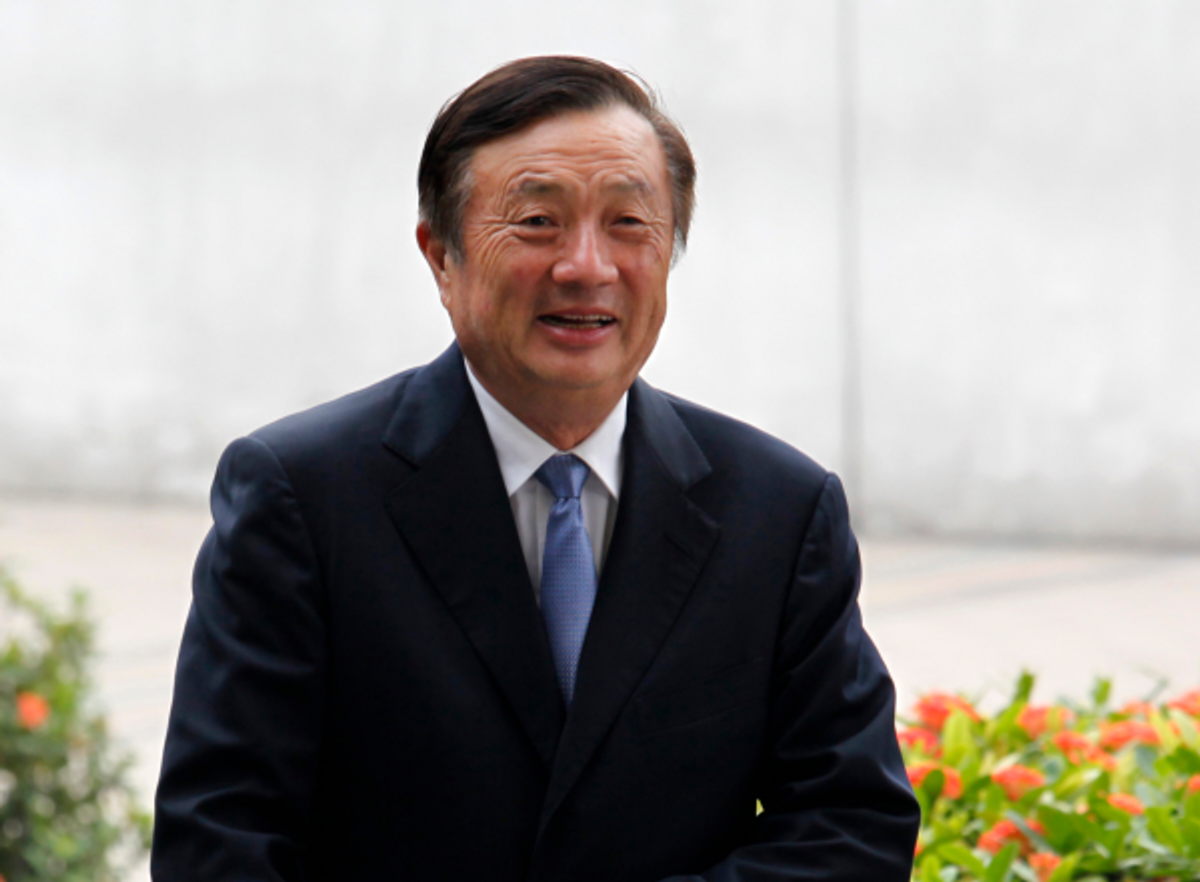Kevin Allison is a Senior Editor for Signal. Based in Washington DC, he looks at how technology is reshaping global affairs. Kevin is also a Director in the Geo-Technology practice at Eurasia Group. Kevin holds degrees from the University of Missouri and from Harvard's Kennedy School of Government. He was also a Fulbright Scholar in Vienna, Austria and a 2015 Miller Journalism Fellow at the Santa Fe Institute. Prior to GZERO Media and Eurasia Group, Kevin was a journalist at Reuters and the Financial Times. He has lived in eight US states and has been an expat four times.
You've probably ever heard of Ren Zhengfei. But the billionaire founder of Chinese telecoms giant Huawei is arguably one of the most important private sector figures in global politics today. On Tuesday, the reclusive Mr. Ren spoke with the media for the first time in years, amid an escalating dispute between US and China that's seen his daughter arrested in Canada, where she is now fighting extradition to the US.
As that conflict continues to heat up, it's worth taking a look at one figure who's now playing a central role in the drama.
Why Ren matters: Huawei sells more smartphones than Apple and is the world's leading manufacturer of the gear that powers mobile data networks. The company is also set to play a key role in the development of next-generation 5G networks that will power the big innovations, like smart cities and driverless cars, at the center of the US-China struggle.
The US, worried about threats to national security, has effectively banned Huawei from building its 5G networks – and is pushing its allies to do the same. In December, Canadian authorities arrested Ren's daughter, Meng Wanzhou, who is also the CFO of Huawei, on US charges related to sanctions violations. Meng's fate, and Huawei's, could determine whether the US-China confrontation merely continues to simmer or flares up into something much bigger.
An accidental entrepreneur: Born to rural schoolteachers in one of China's poorest provinces, Ren studied as an engineer, then joined the People's Liberation Army – a career move he once told an interviewer happened only "by chance." Years later, in circumstances that remain murky, Ren emerged at the helm of one of a handful of Chinese companies working to reverse-engineer imported Western networking equipment.
Ren, who is now 74, once claimed to "know nothing" about either technology or finance. But somehow he grew Huawei, whose name can be translated as either "Chinese achievement" or "great action," into one of the biggest and most important technology companies in the world.
Western suspicions: Ren is something of a celebrity in China, where Huawei is admired as a technology success story. In the West, he's a virtual unknown – except among Western spooks, who have long harbored suspicions that he never really fully cut ties with the Chinese military. Justified or not, worries that Huawei might be willing to plant secret backdoors in its networking equipment that could allow Beijing to snoop on sensitive US military communications – or shut data networks down entirely during a crisis – are a key driver of the US campaign to exclude Huawei from global 5G networks.
Ren tried to downplay those concerns on Tuesday, saying he would decline any request to spy on the company's clients. "I love my country, I support the Communist Party," he said, "but I would not do anything to harm the world." No credible public evidence exists to date to suggest that Huawei has assisted Beijing to snoop on foreign networks.
He also tried to diminish the size of Huawei's role in the US-China trade conflict, saying the company was "only a sesame seed" and praising Donald Trump as a "great president" whose tax cuts would help business. Unfortunately for Ren, in the eyes of ascendant China hawks in Washington, Huawei looks less like a sesame seed and more like a big fat target.





